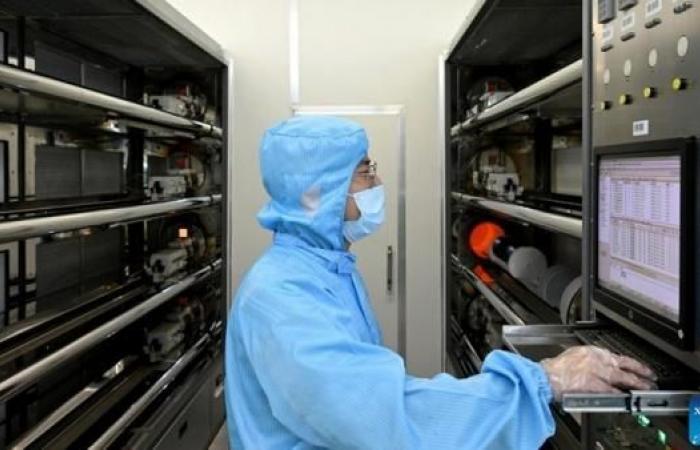Human scientific research may have reached a pivotal moment, as the scientific research landscape could embrace a new paradigm: that of AI-based research, Chinese scientists said Thursday after the Nobel Prize announcement of physics and chemistry 2024.
The 2024 Nobel Prizes in Physics and Chemistry were awarded to scientists who have made significant breakthroughs at the intersection of AI and basic science, which came as a surprise to many. Some viewed the award as an indicator that the scientific community officially recognizes AI’s breakthrough impact on science, while others expressed concern that AI is stripping scientists of top honors .
“The fact that this year’s Nobel Prize in Physics was awarded to scientists specializing in machine learning, while the Nobel Prize in Chemistry was awarded to three scientists in the field of computational research, reflects the scientific merit significance of AI,” Xu Chunfu, a researcher at the Beijing Institute of Life Sciences, told the Global Times.
“Human scientific research may have reached a pivotal moment after this year’s Nobel Prize, where the entire scientific research landscape may embrace a new paradigm: the paradigm of AI-driven research,” he said. said Xiao Yanghua, professor of computer science at Fudan University and director of the Shanghai Key Laboratory of Data Science.
In the future, scientists in traditional natural sciences could use AI tools to improve their research, while drawing inspiration from natural sciences to explore and solve problems within AI. These research approaches are likely to be widely adopted in basic scientific research, Xiao said.
The potential of AI in health fields such as biology, chemistry and medicine is only beginning to emerge, and there is still significant room for development in the future, Xu Chunfu pointed out.
However, while scientists embrace this new research paradigm and embrace the joy that AI brings them, they are also aware of its limitations.
AI, as an extension of human intelligence, is basically just a tool that performs auxiliary roles under the supervision and control of scientists, Xiao reminded.
It is still questionable whether AI is currently capable of proposing revolutionary new theories like human scientists, the expert added.
Some have questioned whether AI’s Nobel Prize means it is on the verge of surpassing humanity and whether AI is taking top honors away from scientists. According to Mr. Xiao, “no matter how advanced AI is, it is still created by humans.”
From a scientific research perspective, we must recognize that AI can also make mistakes, Xiao noted. Xu Chunfu, for his part, stressed that scientists should use AI more responsibly and refrain from using it for scientific research that violates ethical standards or is harmful to human health.






